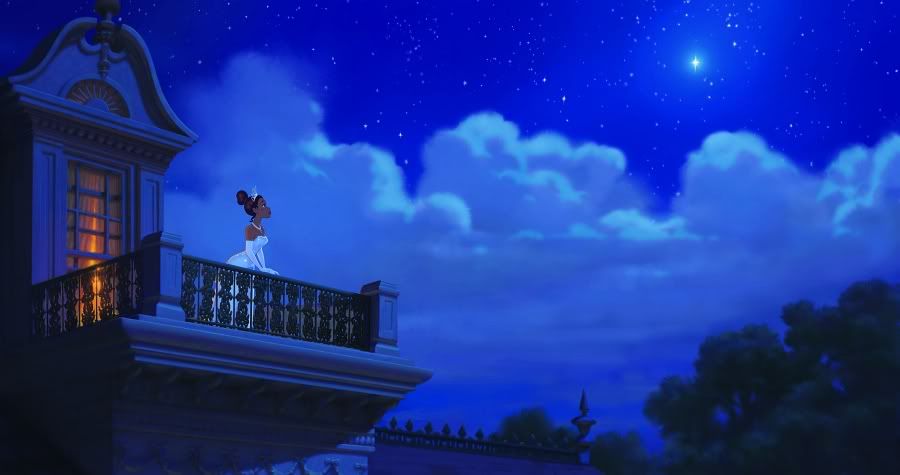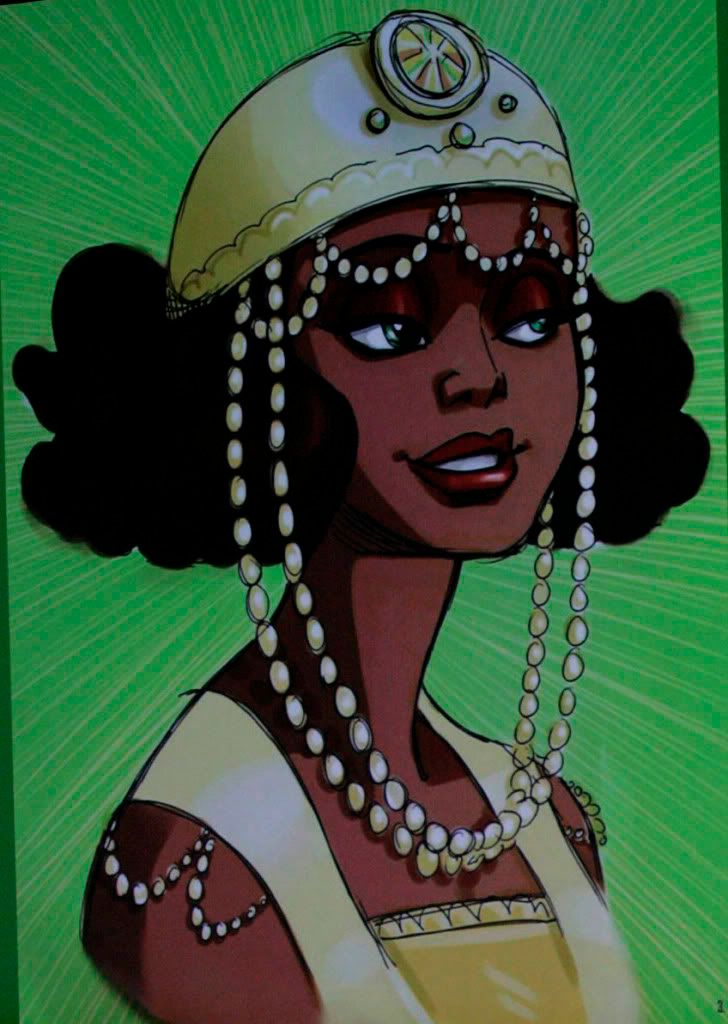Amalgamated Transport Union local 279 is representing the OC workers. Their president, Andre Cornellier, is the biggest jerk I've ever seen. He got a striking mandate from his union members on the city's last proposal, and now he's not even letting them see the revised proposal, let alone vote on it. Here he is, being a total douche:
We already pay an arm and a leg for inadequate public transportation. The City isn't doing much to change things. Both sides are flexing their muscles, and commuters like me are left stranded. My sister has to miss school for the rest of the week, because she has no way of getting there and back without buses. One of my friends had to sleep on a couch in the student lounge at the university, because he had a 9 am exam and couldn't get there on time without buses. Yeah, did I mention that all students are going through exams right now?
In Toronto, public transportation was declared an essential service last April, after one day, when their workers went on strike. This would usually fall on proviancial. In Ottawa, however, it falls in the hands of federal, because we have a few buses that cross over to Quebec. Federal, being unstable as it is right now, is unwilling to do anything, and city councillors decided this morning to not even try, because apparently, public transportation isn't so essential after all.
Given that I, as one of the people most affected by this strike, have absolutely no power to do anything else about it, I've been writing letters to local papers and politicians who do have power. I'll post here the letter I sent to the Ottawa Citizen and Ottawa Sun:
The ATU is holding Ottawa’s citizens for ransom, while city council is either weighing the monetary savings of a strike against the rights and well-being of residents, or is tragically out-of-touch with its constituency. What other motivation could push either side to decide that it would be reasonable to leave Ottawa’s citizens without public transportation, especially at a time like this?
The bus drivers, of course, should know riders well enough to realise that many of them do not have an alternate mode of transportation. As someone who takes the bus almost everywhere, including university and work, I count myself among those people. Today alone, I have lost $17 because I could not get to my second job for lack of transportation. While that may be pocket-money to a bus driver or city councillor, it is at least three lunches for me. And I am far from the worst-hit by this ridiculously selfish strike. School-children, students, low-income people and the elderly will all suffer because of this. The thing is, the people most affected by this strike will not be the ones who ultimately decide whether or not the OC workers get their scheduling rights and sick days.
The union and its members have demonstrated nothing but callousness during this strike. How could they, for instance, refuse to guarantee the safety of yellow bus drivers and students, thus forcing Ottawa’s school boards to abandon the plan for alternate transportation for their commuting students? The last I checked, education and safety are rights in this country, and the ATU is infringing upon them.
This does not, however, excuse the way city council has acted in response to the strike. Announcing that public transportation is not an essential service and refusing to present Councilor Bloess’ motion to declare it as such to the federal government is a slap in the face for commuters, especially the ones who are completely dependent on public transportation. But hey, with savings of $3 million a week in the event of a strike, who can blame ‘em, right? Lucky for the commuters, the City has published a helpful list of alternatives to public transportation. University students trying to get to their exams on the other side of town, for instance, could walk to school. The elderly should try biking in order to get their groceries. Minimum-wage workers and high-school students can take a taxi, can’t they? And everyone has a car-owning friend or co-worker with a compatible schedule and destination willing to drive them around town.
Of course, both OC workers and city councillors, who all make a decent-enough wage as it is, can rest easy at night, knowing that they are Right and the other guy is to blame! Meanwhile, the people suffering most are left with no way of getting around and virtually no say in the matter, either way.
I guess it’s a good thing that it’s not about the money, as Andre Cornellier keeps repeating self-righteously. No, stranded commuters can rest assured that it’s about dignity and respect! Well, I feel thoroughly robbed of my dignity as a citizen by both city council and OC workers, and any respect that I held for either is now lost.
I also left a rather nasty message on Andre Cornellier's answering machine. I honestly don't know what else to do. Luckily, I'm done with exams, or I'd be sleeping in student-lounges too. I really wanted to work extra hours during December to make some money for my tuition payments. I really do need it. And, unlike bus drivers, I don't get paid $25/hour. Sick days? Forget it! If I'm sick, I find a replacement and lose the shift and any money I might have made from it. Scheduling? I take what I can get, which often means giving up weekends. With the way the economy is going, bus drivers should be happy they have such well-paying jobs. I really think the City should tell them that if they want to stay on the payroll, they'd better show up to work tomorrow. I'm certain there are plenty of people who would be more than happy to take their jobs.







